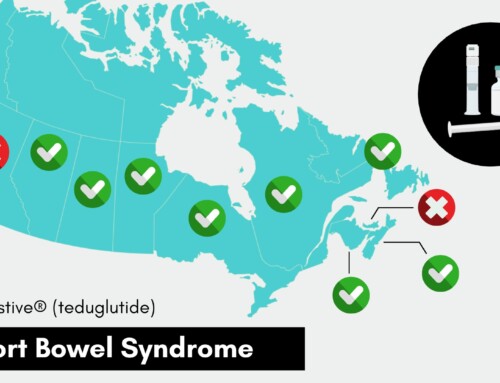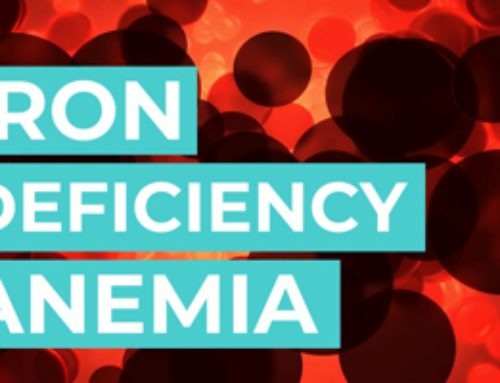
Forced to Switch: Canadian Biosimilar Experience Survey Report
Biologics![]() are highly effective medicines made in living cells with complex molecular structures. Their development and manufacturing processes are significantly more intricate than small-molecule drugs, which are simpler to reproduce or copy. It is not possible to create an exact or “generic” version of an originator biologic. Instead, upon patent expiry, manufacturers can produce a similar copy, known as a biosimilar.
are highly effective medicines made in living cells with complex molecular structures. Their development and manufacturing processes are significantly more intricate than small-molecule drugs, which are simpler to reproduce or copy. It is not possible to create an exact or “generic” version of an originator biologic. Instead, upon patent expiry, manufacturers can produce a similar copy, known as a biosimilar.
The Gastrointestinal Society conducted a year-long survey (extended timeline due to COVID-19) to understand the experiences of those in Canada who are using biologic medications to treat conditions including Crohn’s disease, ulcerative colitis, diabetes, rheumatoid arthritis, cancer, and psoriasis. This builds on a similar study we did in 2015.
We also held phone interviews with patients who contacted us due to the non-medical switch policies for biologics and biosimilars in BC and Alberta. The report discusses an overview of what we heard directly from patients, which ranged from concerns with lack of timing for physician visits, a need for appropriate education around biosimilars, their specific difficulties with the policies, continuity of care, and more.
Want to learn more about biologics and biosimilars?
We have several related articles that may be helpful:
- Biologics and Biosimilars
- Biosimilars
- Biosimilars Video
- How Biologics and Biosimilars Work
- Biologics and Biosimilars Available in Canada
- Provincial and Territorial Biologics Policies
- Biosimilars Focus Group Report
- Balancing Act: Cost Containment vs. Patient Health Outcomes






